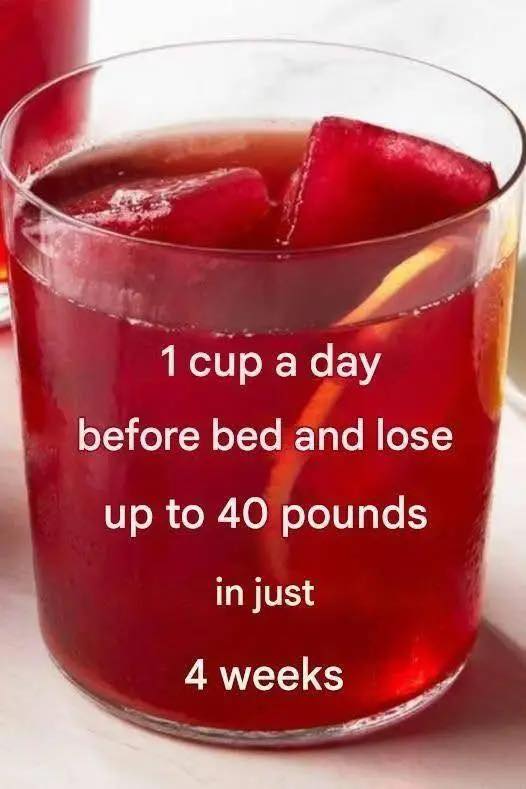The Allure of Rapid Weight Loss: Can You Really Lose 12 Pounds in 3 Days?
We’ve all seen them: those tantalizing claims promising dramatic weight loss in unbelievably short periods. One of the most common revolves around the idea of losing a staggering 5.5 kg (approximately 12 pounds) in just 3 days. The question is, is this even remotely possible? And more importantly, is it safe for your health? Let’s dive into the truth behind these rapid weight loss claims.
Suggested Image: A split image showing a healthy person on one side and a heavily edited “before & after” photo on the other.
Unpacking the “3-Day Weight Loss” Phenomenon
What’s Typically Involved in These Plans?
The secret to these supposed rapid weight loss schemes often lies in severe calorie restriction combined with specific types of foods or liquids. These plans frequently involve:
- Extremely Low-Calorie Diets (VLCDs): We’re talking significantly below your basal metabolic rate (BMR), often under 800 calories per day.
- Liquid Diets: Shakes, juices, or broths are the only things you consume.
- Detox Cleanses: These claim to “flush out toxins” and kickstart weight loss.
- Water Restriction or Manipulation: Some plans encourage dehydration to show faster results on the scale.
- Excessive Exercise: While movement is good, overdoing it on such a restricted diet is dangerous.
Suggested Image: A collage of common elements in rapid weight loss plans: shakes, juices, scales, and intense workout photos.
The Science (or Lack Thereof) Behind the Claims
Let’s be blunt: Losing 12 pounds of actual fat in 3 days is physiologically impossible. One pound of fat contains approximately 3,500 calories. To lose 12 pounds, you’d need a deficit of 42,000 calories over just 72 hours. That’s an insane deficit that no one could safely achieve.
So, what are people actually losing? Primarily, it’s:
- Water Weight: Restricting carbohydrates depletes glycogen stores in your muscles. Glycogen holds water, so as you use it up, you shed water weight quickly.
- Muscle Mass: When you severely restrict calories, your body can start breaking down muscle for energy. This is detrimental to your metabolism and overall health.
- Waste Products: Cleanses might help you eliminate some waste, which contributes to a temporary drop on the scale.
Suggested Image: An infographic illustrating the breakdown of weight loss: water, muscle, and fat, emphasizing that rapid weight loss is mostly water and muscle.
Why This Approach is Unsustainable and Potentially Dangerous
While the scale might show a lower number after 3 days, this kind of rapid weight loss is not a long-term solution. Here’s why it’s a bad idea:
- Dehydration: Restricting water or using diuretics can lead to dangerous dehydration.
- Nutrient Deficiencies: VLCDs rarely provide adequate vitamins and minerals, leading to deficiencies and health problems.
- Muscle Loss: Losing muscle mass slows down your metabolism and makes it harder to lose weight in the long run.
- Metabolic Slowdown: Your body adapts to the low-calorie intake by slowing down your metabolism to conserve energy.
- Gallstones: Rapid weight loss can increase your risk of developing gallstones.
- Increased Risk of Rebound Weight Gain: Once you return to a normal eating pattern, you’re likely to regain the weight you lost (and potentially more!).
- Electrolyte Imbalance: Restricting food can cause dangerous imbalances in electrolytes like sodium and potassium, potentially leading to heart problems.
Suggested Image: A visual representation of the yo-yo dieting effect, illustrating weight loss and gain cycles.
Healthier, Sustainable Alternatives for Weight Loss
Instead of chasing unrealistic and potentially harmful quick fixes, focus on sustainable strategies that support your overall health:
- Balanced Diet: Eat a variety of whole, unprocessed foods, including fruits, vegetables, lean protein, and whole grains.
- Regular Exercise: Aim for at least 150 minutes of moderate-intensity aerobic exercise or 75 minutes of vigorous-intensity exercise per week.
- Mindful Eating: Pay attention to your hunger and fullness cues, and eat slowly and deliberately.
- Adequate Sleep: Aim for 7-9 hours of sleep per night.
- Stress Management: Find healthy ways to manage stress, such as yoga, meditation, or spending time in nature.
- Consult a Professional: Work with a registered dietitian or healthcare provider to create a personalized weight loss plan.
Suggested Image: A diverse plate of healthy, colorful foods.
Conclusion: The Realistic Truth About Weight Loss
The promise of losing 12 pounds in 3 days is tempting, but it’s largely based on misinformation and unsustainable practices. While you might see a temporary drop on the scale, it’s likely due to water loss and muscle breakdown, which are detrimental to your health in the long run. Focus on creating a balanced, healthy lifestyle that includes nutritious food, regular exercise, and stress management. Consult with a healthcare professional for personalized guidance and remember that sustainable weight loss is a journey, not a race. Choose health over hype, and you’ll be much more likely to achieve lasting results.
